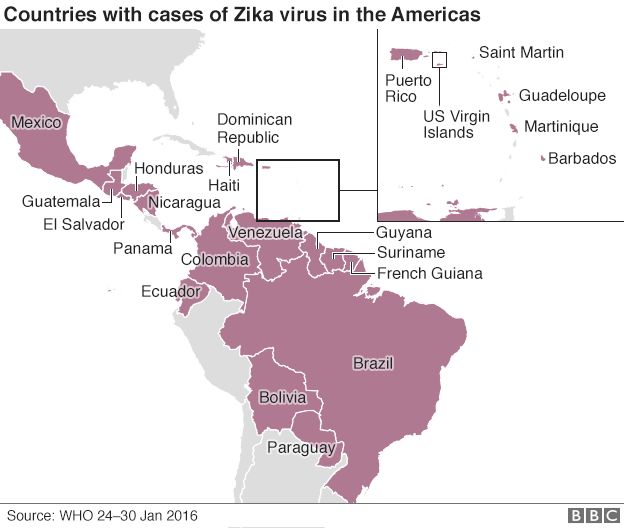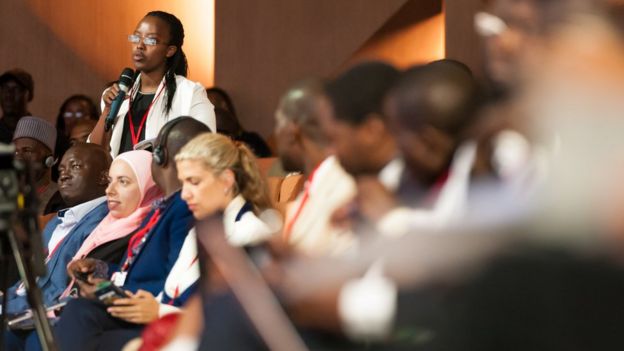Indigestion Drugs Regular intake Can Increase Kidney Failure Risk By Up To 96%, Study Suggests
 Drawn out utilization of heartburn medications could significantly build a man's danger of kidney harm, another wellbeing study has appeared.
Drawn out utilization of heartburn medications could significantly build a man's danger of kidney harm, another wellbeing study has appeared. The medications, known as proton pump inhibitors (PPIs), are frequently recommended to regard issues, for example, indigestion, acid reflux and stomach ulcers. They work by hindering the protein in the mass of the stomach that produces corrosive.
Analysts have prompted patients who take the medications to just utilize them when restoratively fundamental, after a study discovered they could build danger of kidney disappointment by up to 96%.
There are five PPIs authorized for use in the UK. These are:
Esomeprazole
Lansoprazole
Omeprazole
Pantoprazole
Rabeprazole
Analysts investigated the information of 170,000 individuals taking PPIs and 20,000 individuals taking an option class of medications used to stifle stomach corrosive, called histamine H2 receptor blockers.
They found that, over a time of five years, the individuals who took PPIs had a 28% expanded danger of creating ceaseless kidney ailment.
They likewise had a 96% more serious danger of torment kidney disappointment.
"The outcomes underscore the significance of constraining PPI use to just when it is therapeutically important, furthermore restricting the span of utilization to the briefest conceivable," said study creator Dr Ziyad Al-Aly, from the VA Saint Louis Health Care System in the US.
"A ton of patients begin taking PPIs for a medicinal condition, and they proceed with any longer than would normally be appropriate."
The study, which was distributed in the Journal of the American Society of Nephrology, isn't the first to connection acid reflux medications to wellbeing issues.
A study distributed in February 2016 proposed that acid reflux medications could build a man's danger of creating dementia.
Specialists found that the individuals who utilized proton pump inhibitor drugs (PPIs) in any event once at regular intervals were 44% more inclined to create dementia in later life than the individuals who did not take the medications.
Dr Helen Webberley, the devoted GP for Oxford Online Pharmacy, said PPIs are "amazing at decreasing corrosive", however it can be hard to fall off them once you've begun taking them consistently.
"PPIs are a decent case of a medication that causes dependence," she said. "When you stop them you get a bounce back declining in heartburn and acid reflux, which makes you need to take them more.
"My recommendation is to dependably talk about arrangements to stop medicine with the prescriber, be that your specialist or drug specialist.
"In the event that you might want to pull back from PPIs diminish your admission gradually, first by going up against them exchange days and afterward at regular intervals until your body gets used to the prescription being pulled back from your framework."
Read more
 The
Zika infection is "scarier" than first thought and its effect on the US
could be more prominent than anticipated, general wellbeing authorities
have conceded.
The
Zika infection is "scarier" than first thought and its effect on the US
could be more prominent than anticipated, general wellbeing authorities
have conceded. 






